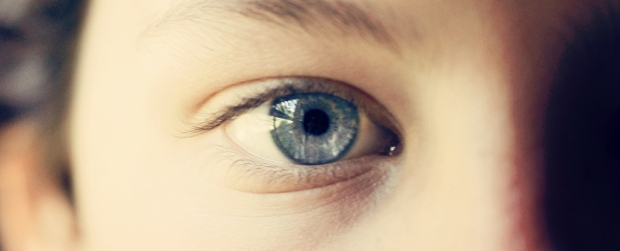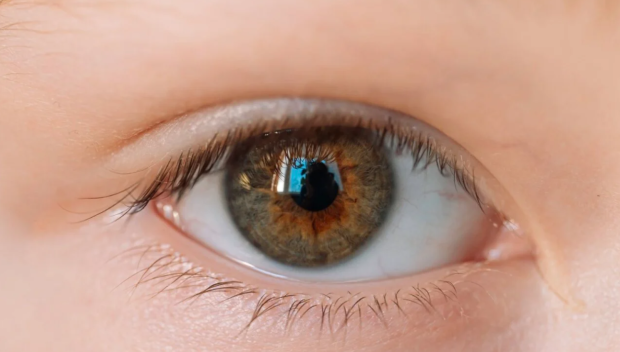A group of scientists taught an artificial intelligence-powered algorithm to detect autism with photos of children's eyes.

A new study published in the JAMA Network Open earlier on December 15 details a team of researchers training an AI algorithm with photos of children's eyes to detect childhood autism. The paper explained that the AI model was trained on 1,890 retina images captured from 958 participants with an average age of 7.8 years.
Notably, half of the participants in the study were already diagnosed with Autism Spectrum Disorder (ASD), and once the model finished analyzing each of the retina images, it was asked if it could spot ASD within the images. According to the study, the AI was able to identify which study participants had autism and those that didn't with "100% accuracy". The team behind the study notes that it limited the participants to ages between 4 and 18, but they believe the algorithm could work on even younger children.
"Individuals with ASD have structural retinal changes that potentially reflect brain alterations, including visual pathway abnormalities through embryonic and anatomic connections. Whether deep learning algorithms can aid in objective screening for ASD and symptom severity using retinal photographs is unknown," researchers write in their new paper
"This question remains unexplored because the youngest age group in our sample was four years," write the researchers. "Retinal alterations in individuals with ASD may manifest even before retinal maturation."
"The findings of this study suggest that retinal photographs may serve as a viable candidate for an objective method to screen for autism and possibly for symptom severity," write the researchers


